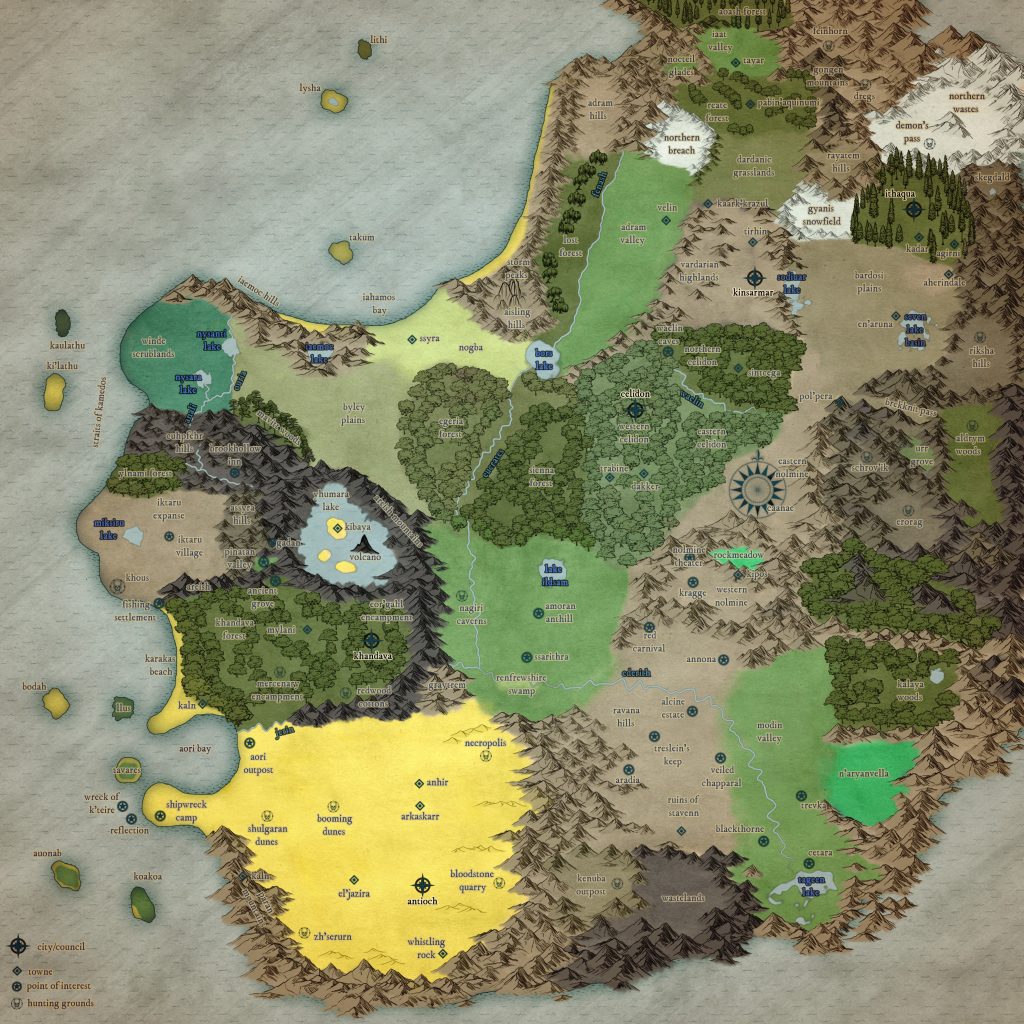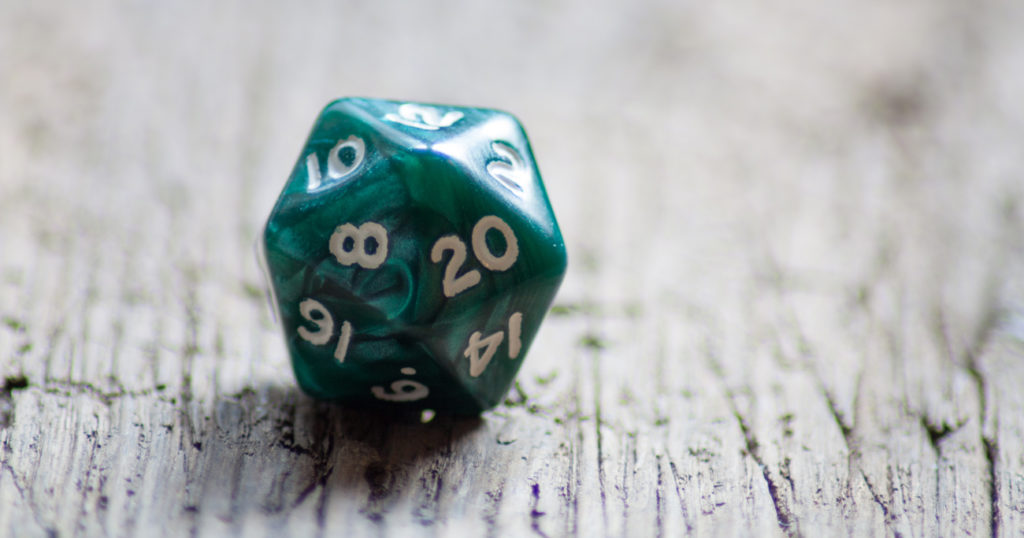Demon Spiders
I read your story and wept, Ashtear. Your intentions, I know, are good
and you have three hearts, as we Sidhe say of someone with great wisdom.
My own father was addicted to a substance we call weresun, and died of
that use. What you say is a grave thing, and I honor your gravity in
saying it.
But, gentle lady, I respectfrully disagree with you, as you might expect
if you've read anything from me before. You are not completely wrong.
But maybe you are just a little wrong, just a little off in your choice
of metaphor.
Magick is indeed a perilous art, I will not deny it. A careless, weak or
foolish mage could drown in open air, bury himself alive, call down a
killing storm on his friends or fry the eyes in his head like eggs in a
skillet.
But I think the more apt comparison would be to a strong medicine rather
than to an intoxicant. Mages, Lorekeepers and our excellent cousins the
Wytchen do not use magick because it amuses --though it may on occasion.
It is a fine thing, after all, to fish the middle of a lake without a
boat.
But the deepest use of our lore is communal. In war, we defend our city
with our arts. We use our knowledge of herbs and simples to cure wounds
and afflictions. Or we might bring heat to a winterstruck city, that
many could warm themselves,whether they be magicians or no. These are
some of the medicinal uses of magick.
Ah, some say: that is the trap. You think you are doing good. And maybe
you are, on the face of it. But magick is corruption itself and it
corrupts the user. It may seem good, goes the argument, but the wise
know that magick is insidious.
I say, though, that magick is not insidious but ambiguous. An adult
recognizes that many good and necessary things in his or her world are
of an ambiguous nature. Allow me to explain the difference.
Let us say that spiders are insidious. They are not, of course. When a
spider spins a web to catch and drain a fly,and even when she bites, the
spider only pursues her own peculiar creaturehood. She wishes to defend
and feed herself and so she bites, injecting venom. But let us take the
spider anyway, take her as she is popularly imagined: as a cold-hearted
huntress, a demoncob, spinning webs of malevolence and spite.
This werespider, this creature of nightmare, sneaks up upon the
feckless, or gazes from dark corners with eight black terrible eyes,
siply waiting to bring illness and send her victims down to Dis. She
hides, she waits, she plots. She is insidious.
Magick, I say, is not like this.
Magick, rather, is ambiguous, like water. The qualities which make water
good to drink, good to slake the thirst of raging fevers, is the same
quality which makes drowning in it possible. Water does not mean to
drown fools and children. Water does not hide its nature, bedizen itself
with pretty fish in order to trick the unwary. Water is not sly; it is
simply wet. And sometimes, it is too deep for the swimmer.
I anticipate the uses to which this metaphor will be put. Ah they will
say. But no mage is strong enough to swim in Lake Magick, or even to
sail those waters or to fish them. But this is not a new argument. It is
simply my demon spider in another form. So if you intend a rebuttal by
positing evil lakes and demon spiders, spare yourself the thousand gold
and buy a fishing pole instead. If you come to the lake and you are
courteous, perhaps we can talk about magic in person. Then you may see
that mages are not frenzied spinners of forbidden webs, but good and
reasonable folk. Some of them are excellent fishermen. And one of them,
I hear, wears a beret.
Penned by my hand on the 19th of Tenebrae, in the year 458 AD.

